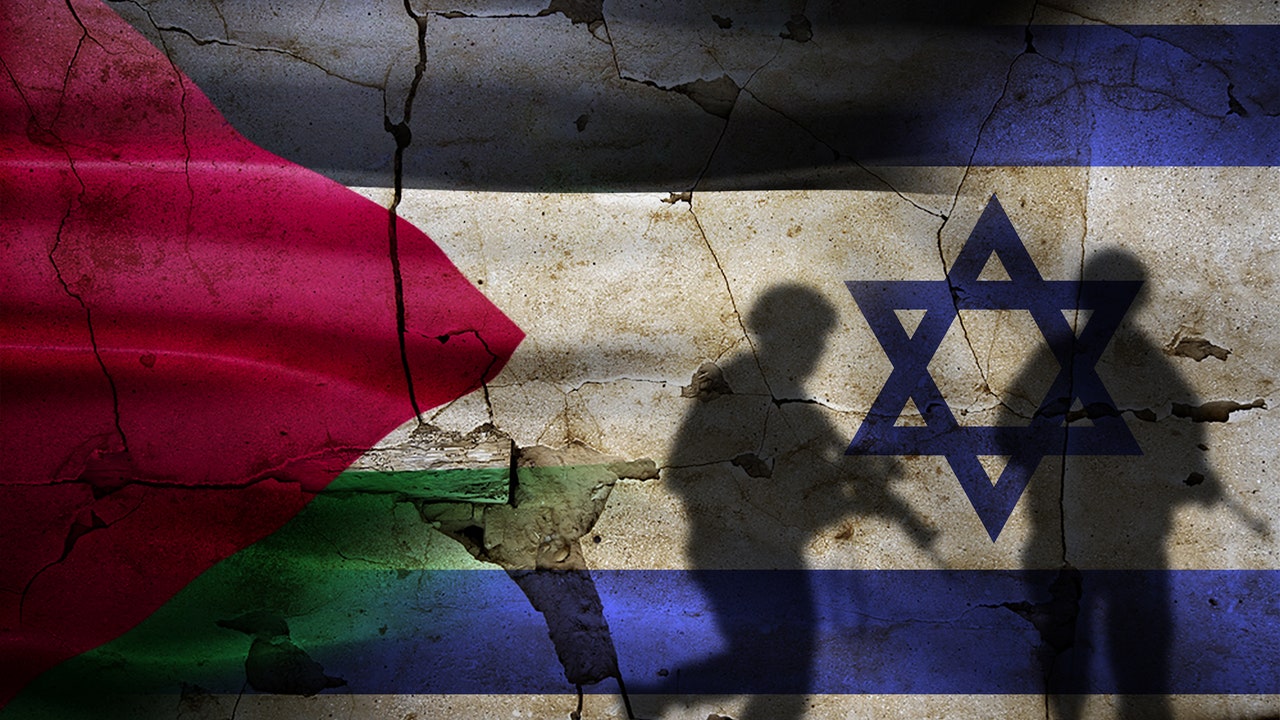
In this op-ed, writer Aamina Khan explores the glut of celebrity responses to recent events in Israel and Palestine and why we shouldn’t wait for celebrities, often hurried and uninformed, to weigh in.
The cult of celebrity lives and breathes even through times of war. All eyes have been on Gaza and Israel for the past two weeks after a Hamas attack on October 7 killed an estimated 1,400 Israelis, with hundreds still held hostage. Almost immediately, the state of Israel declared war and launched a sustained military attack, killing and injuring over 6,700 Palestinians, according to Gaza’s Ministry of Health. Civilians, including children, are dead; all eyes should be on Gaza and Israel. It seems, however, quite a few eyes are also on Bella Hadid, Gigi Hadid, Kylie Jenner, Amy Schumer, Sarah Silverman, Noah Schnapp, Kehlani, Justin Bieber, and any number of other celebrities as people — and governments — look to our rich and famous for opinions about what’s going on.
The posts from celebrities have ranged from articulate and meaningful to messy and ignorant. A lot of public figures have spread blatant misinformation: both Justin Bieber and Jamie Lee Curtis shared photos of atrocities from Gaza, incorrectly labeled as photos of Israel or with the Israeli flag, and then deleted them when called out. Meanwhile, hundreds of actors and executives, including Gal Gadot (who did compulsory service in the IDF) signed a letter to President Joe Biden calling for the release of Hamas hostages — a letter that doesn’t address the history of occupation, and makes no mention of what UN experts warn is a “risk of genocide against the Palestinian people.” Wherever your celebrity of choice falls on this spectrum, it’s worth asking why we’re looking to them in the first place, why we can’t seem to shake our want for their opinions, and how we think through whose opinions are potentially helpful or potentially harmful when we simply can’t ignore them.
Of course, some celebrities have used and will use their platforms to express opinions about global crises, as is their right, but we as a culture need to stop asking them to make statements that are often hurried and uninformed. Celebrities aren’t experts, they’re not news organizations (which themselves can be flawed), and they’re not the sole arbiters of morality. We don’t have to treat them as anyone except regular citizens — people whose social media output on serious issues is deserving of a critical eye. This extends beyond Israel and Palestine, and into the ways we process information, educate ourselves, and empathize with people around the world. Human suffering is happening all around us, in nearly endless ways — what do we owe each other, beyond checking a celebrity’s IG account to see if they’ve responded in a way that’s exactly right in the eyes of whoever is looking?
